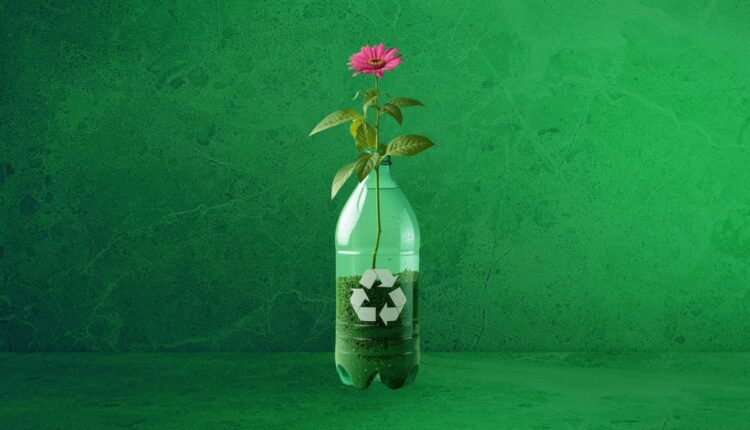MacroCycle’s Revolutionary Plastic Recycling Technology Transforms Waste Into Value-Driven Materials
The global crisis of waste management has reached a critical point, with plastic recycling achieving disappointing rates worldwide. Current statistics reveal that merely 9% of all plastic materials undergo recycling processes globally, while textile recycling lags even further behind at a dismal 0.5%. This stark reality has prompted innovative companies to seek transformative solutions that could reshape the entire industry.
MacroCycle, a pioneering startup, has emerged with a breakthrough approach that addresses one of the most pressing environmental challenges of our time. The company promises to make recycled plastic as cost-effective as virgin materials through their innovative technology, representing a significant advancement in sustainable manufacturing practices.
The Complex Challenge of Textile Waste Processing
Modern textiles present unique obstacles for traditional plastic recycling methods. Unlike single-material products, clothing items contain multiple components that complicate the separation process. Buttons, zippers, and various synthetic blends create what industry experts call “infinite contaminants” in waste streams.
Stwart Peña Feliz, co-founder and CEO of MacroCycle, explains that predicting waste composition remains nearly impossible due to the countless variables involved. Spandex and novel synthetic blends have created fabrics that offer superior comfort and performance for consumers but present nightmarish scenarios for recycling facilities.
The startup has developed a selective extraction method that targets desirable synthetic fibers while leaving unwanted materials behind. This approach represents a fundamental shift from conventional processing methods that attempt to handle entire waste streams simultaneously.
Breaking Down the Scientific Innovation
MacroCycle’s technology operates on a completely different principle compared to traditional chemical recycling processes. Most existing methods break down plastic polymers into smaller components called monomers, then rebuild them into new materials. This approach requires significant energy input and often produces substantial carbon dioxide emissions.
The revolutionary process developed by MacroCycle takes a different path entirely. Instead of breaking down polymer chains, the technology transforms them into ring-shaped structures called macrocycles. These rings remain stable while various solvents wash away contaminants, which can then be processed separately for their own recycling applications.
When production requirements arise, the rings reopen to reform polymer chains. This reformation process actually improves material quality, as longer polymer chains in polyester translate to higher-grade finished products. The company reports that their method consumes 80% less energy than virgin polyester production, significantly outperforming other chemical recycling alternatives that typically achieve only 20-30% energy reductions.
Scaling Operations and Market Impact
The startup has made substantial progress in scaling their operations from laboratory to commercial viability. Over the past two and a half years, MacroCycle has increased their reactor capacity by 2,000 times, enabling production of 100-kilogram batches suitable for customer sampling and evaluation.
This scaling achievement has attracted interest from fashion brands seeking sustainable alternatives to traditional materials. The company has begun generating revenue through partnerships with these forward-thinking manufacturers who recognize the environmental and economic benefits of the technology.
MacroCycle raised $6.5 million in seed funding earlier this year, providing the financial foundation necessary for continued development and expansion. The investment reflects growing market confidence in innovative plastic recycling solutions that can compete economically with conventional production methods.
Peña Feliz, who previously managed ExxonMobil’s chemical recycling plant, brings firsthand knowledge of traditional industry challenges to his current venture. His experience with energy-intensive processes that produce significant carbon emissions motivated his search for more sustainable alternatives.
The CEO maintains that economic viability drives industry adoption more effectively than environmental concerns alone. He believes that creating technology with compelling economic advantages will force established players to reconsider their current practices, regardless of their initial resistance to change.
MacroCycle aims to achieve price parity with virgin materials once their first industrial facility becomes operational. This ambitious goal could fundamentally alter the competitive dynamics within the plastics industry, making sustainable options the preferred choice based purely on financial considerations.
The company will present their technology at TechCrunch Disrupt 2025 in San Francisco, where they compete as a Top 20 finalist in the Startup Battlefield competition. This platform provides valuable exposure to potential investors, partners, and customers who could accelerate the technology’s market adoption.


